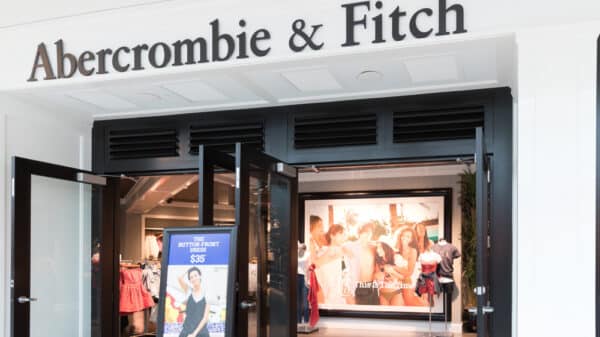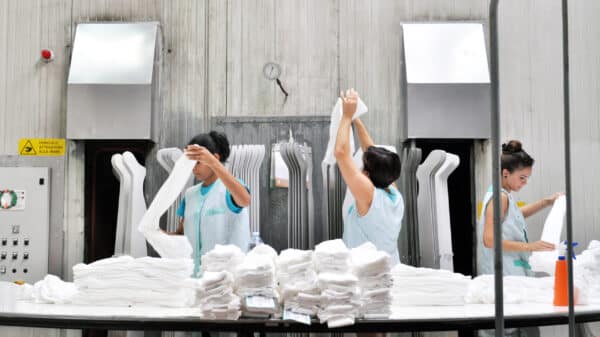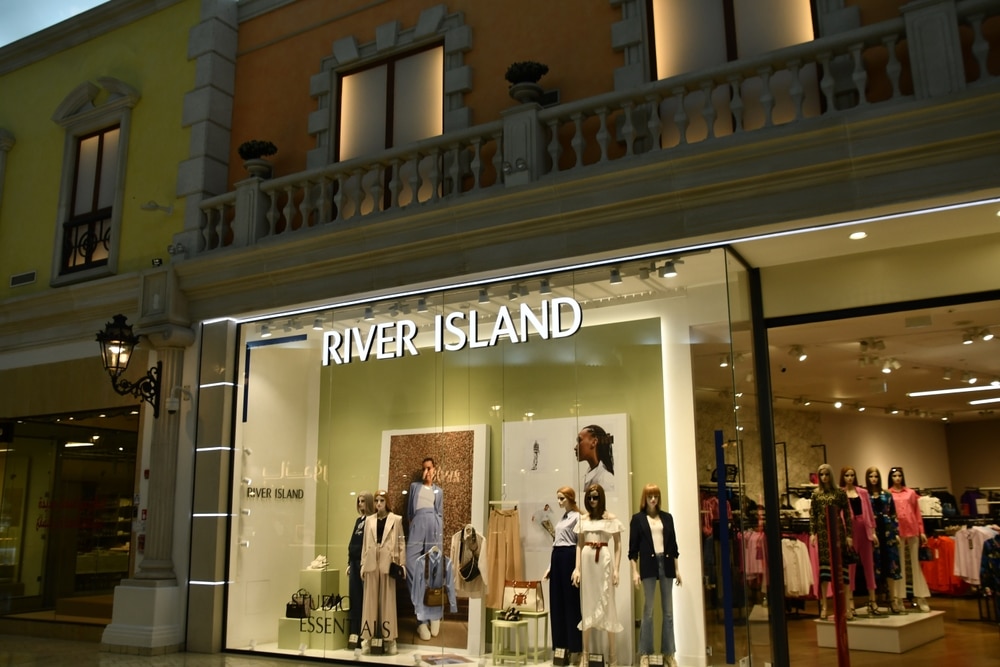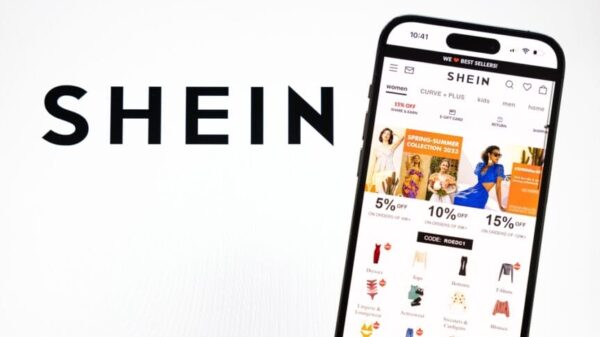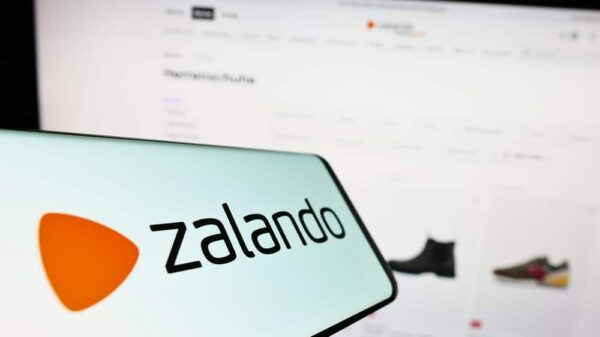Recent developments at River Island have raised eyebrows in the fashion industry, particularly concerning the retail giant’s approach to supplier relationships. Reports suggest that the company may resort to returning clothing orders due to concerns about product quality and sizing inconsistencies. This scenario is triggering anxiety among suppliers, who are grappling with the shifting expectations of one of their biggest clients.
According to reports by The Times, River Island has been pressing for discounts on products that do not align with its quality benchmarks. Suppliers are feeling the weight of these demands, with one recounting that they were told a shipment of tops, worth hundreds of thousands of pounds, was deemed “slightly too short.” The retailer’s insistence on a discount as a precondition to accepting the shipment exemplifies the tightrope suppliers must walk when dealing with larger retail partners.
As we dive deeper, it becomes clear that this is not an isolated incident. Another supplier noted a marked increase in River Island’s requests for retrospective discounts—discounts applied after an invoice has been issued. This shift has not gone unnoticed; the invoice discount rate has reportedly risen from 5% to a significant 10%. Understandably, this change has sparked dissatisfaction among suppliers, who are suddenly tasked with not only meeting strict quality standards but also providing thorough breakdowns of costs to justify the discounts. “They’ve become very particular about open costings,” one supplier remarked, reflecting the increasing scrutiny they face.
At the heart of this strategic overhaul is Jane Eskriett, River Island’s new co-managing director, who came on board last year from Boohoo, bringing along her co-director, Richard Grainger, known for his tenure at Next. Sources from within the company indicate that Eskriett is making sweeping changes to their supplier strategy. These changes include weeding out several existing suppliers to make room for new partnerships. This is a paradigm shift that many in the industry are watching closely, especially suppliers who may find themselves on the chopping block.
These developments highlight a growing trend in the retail space, where quality control and supplier relationships are in constant flux. For suppliers, adapting to these challenges while maintaining business partnerships can feel overwhelming. As pressures mount from large retailers, the ability to deliver significantly quality products promptly while keeping costs in check has never been more critical.
Amid these pressures, open communication and clarity in expectations become essential. Suppliers may need to rethink their strategies, focusing on transparency about their manufacturing processes and the costs involved. Strengthening partnerships through collaborative approaches rather than competitive standoffs can also pave the way for more resilient supplier-retailer relationships.
For those who find themselves in similar situations—the stress of meeting demanding quality standards while navigating the intricate dynamics of supplier relationships—it can feel like you’re constantly walking a tightrope. It’s a delicate balance, but with a clear strategy and open lines of communication, it’s possible to not only survive but thrive in this challenging landscape.






